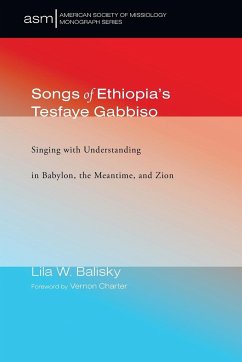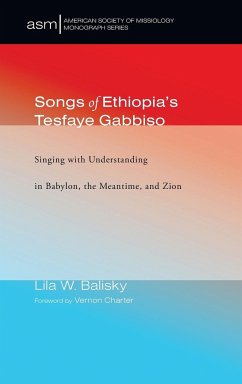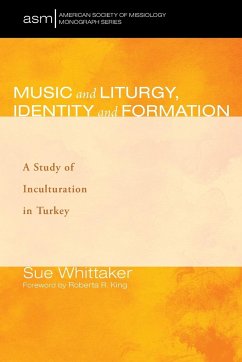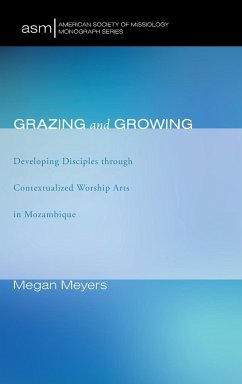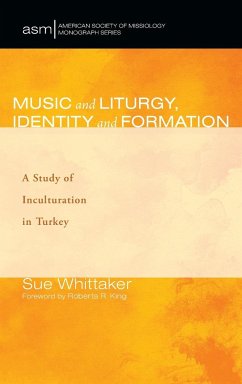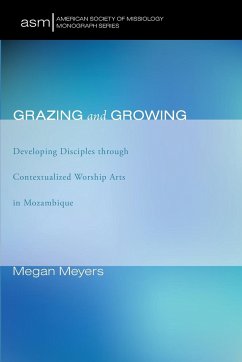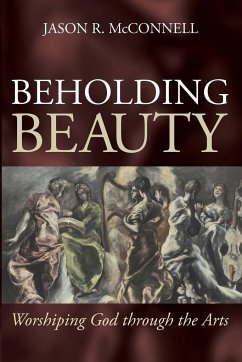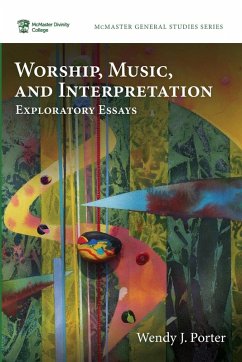Tesfaye Gabbiso, prominent Ethiopian soloist, began composing song texts and tunes as a young lad in the early 1970s during a period of social and political upheaval in Ethiopia. This national ferment strengthened a creative surge among a generation of youth as the Ethiopian revolution (1974-91) was taking hold. An explosion of indigenous spiritual songs was one result. The indigenous song style was in contrast to the imported and translated European hymnody that had earlier been sung in Ethiopia's evangelical churches. Because of his testimony, both in life and song, Tesfaye was imprisoned for seven years during the revolution, during which time he continued to compose and sing. Thus, his songs reflect suffering, endurance, and hope in the "Babylons, Meantime, and Zions" of life experience. The human voice in song, rooted in the flow of the missio Dei, is perhaps the greatest testimony that may be lived out, whether in a prison cell or in the larger complex world. A special feature of this book is the inclusion of 104 of Tesfaye's songs (Cassettes 1-7) in English translation. This study is valuable as a cross-cultural textbook, offers rich lyrics, and embodies a challenge to Christian commitment in the arts.
Hinweis: Dieser Artikel kann nur an eine deutsche Lieferadresse ausgeliefert werden.
Hinweis: Dieser Artikel kann nur an eine deutsche Lieferadresse ausgeliefert werden.

